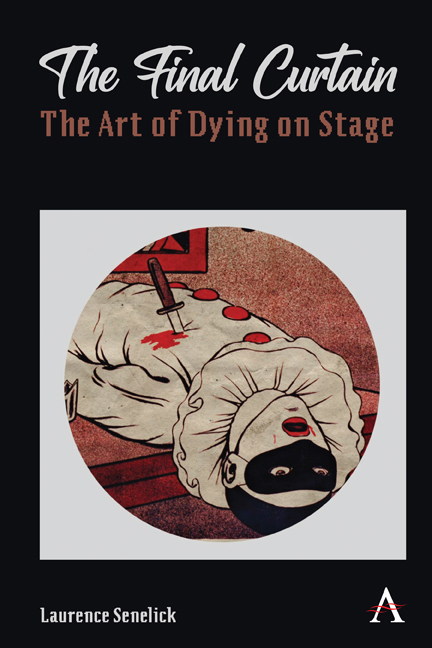1 - Early Stages
Published online by Cambridge University Press: 15 September 2022
Summary
I am dying, Egypt, dying.
Ebbs the crimson life-tide fast,
And the dark Plutonian shadows
Gather on the evening blast.
Col. William Haines LytleThe Realm of Shadows
For the Athenians, some things were worse than death. Ostracism, for instance. At first sight, the punishment, usually visited on members of the elite, might not seem severe: its term was for 10 years and the banished individual retained his property. The purpose of the exercise was to maintain political stability within the demos, so it was less punitive than preventative. Recall was always possible.
Nevertheless, exile from one's community was, for the citizen of a polis, a grievous affliction. Except in situations of military emergency, the aggregate known as Greeks (or Hellenes) saw themselves not as members of a nation but as constituents of individual city-states, with their idiosyncratic rites, customs, and dialects. To be condemned to live among strangers had traumatic psychological consequences, in addition to whatever feelings of guilt or shame the ostracized person might undergo. That decade away from home would be hard to bear.
Death, on the other hand, was a clean break with no possibility of return. It is frequently figured as ostracism from the light of day, a banishment to perpetual darkness. Hades (literally the “unseen”), the sunless realm, is literally an underworld; to enter it is always a katabasis or descent. Iphigenia's lament, “To look upon the world/Of light is for all men their greatest joy— /The shadow world below is nothing,” can be heard from the lips of many tragic protagonists. “The ancient Greeks tended to believe the ‘self ‘ of the person was contained in the body, not the insubstantial soul that peeled away from it in death.” To lose one's body with all its faculties and appetites, its potential for pain or pleasure is to be reduced to a shade, wandering aimlessly throughout the nether world, exiled from human society, from ties of affection, from strong emotions. It is not an “afterlife,” but an absence of life. It is the most extreme form of ostracism, a divorce not only from daylight but also from all human connection.
- Type
- Chapter
- Information
- The Final CurtainThe Art of Dying on Stage, pp. 13 - 40Publisher: Anthem PressPrint publication year: 2022



